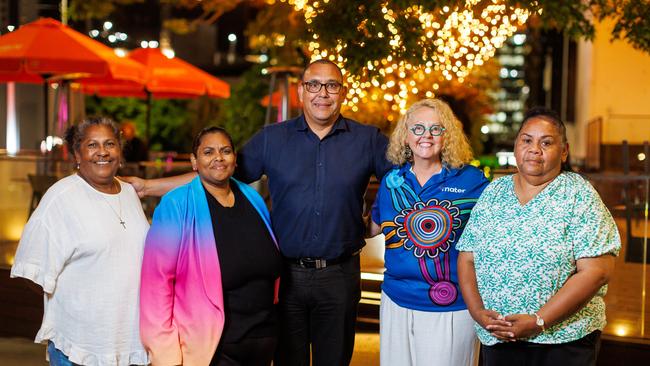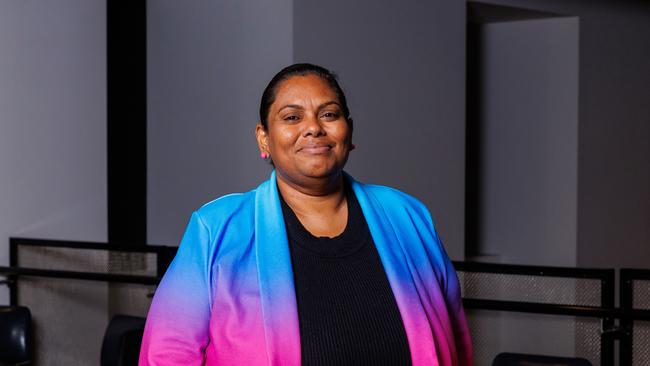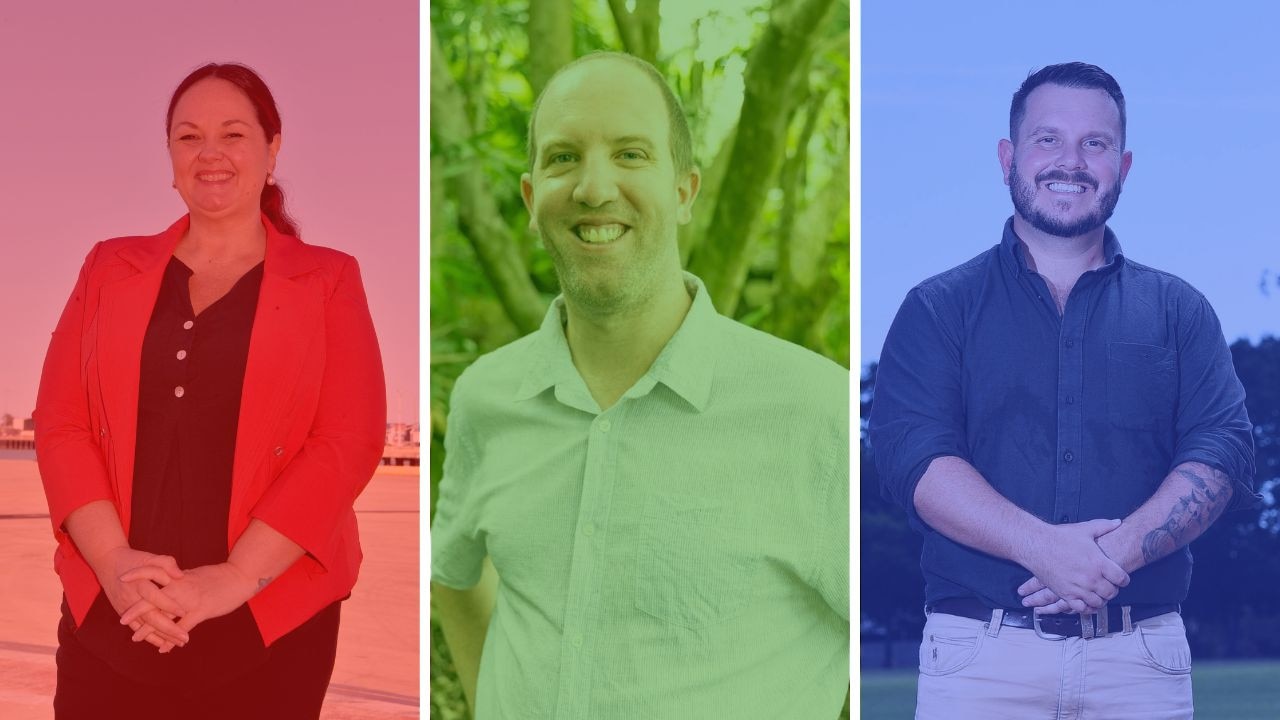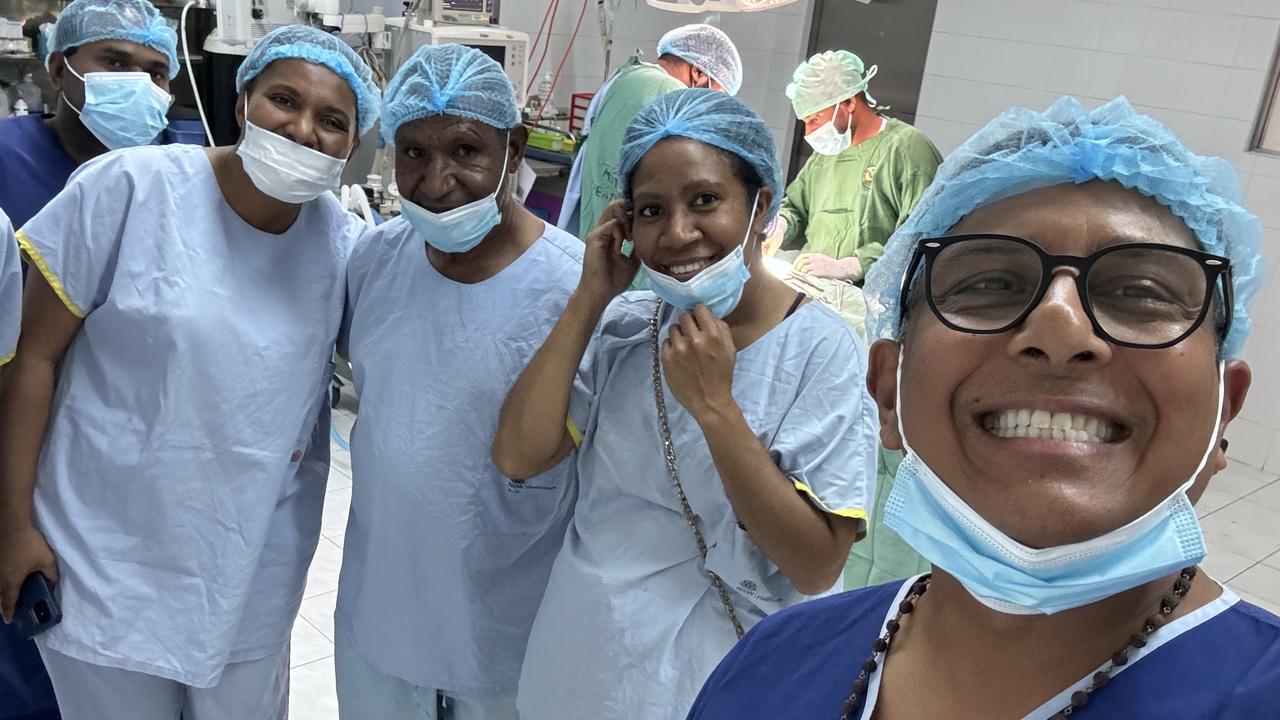Aboriginal and Torres Strait Islander health professionals from Townsville and Palm Island meet
Aboriginal and Torres Strait Islander healthcare professionals from Townsville and Palm Island have come together to plan a healthier future.

Townsville
Don't miss out on the headlines from Townsville. Followed categories will be added to My News.
Aimed at improving health and wellbeing outcomes for First Nations families, Aboriginal and Torres Strait Islander healthcare professionals from Townsville and Palm Island have come together to plan a healthier future.
The Strong Families Indigenous Steering Committee co-design meeting, held in Brisbane last week, included North Queensland representatives among more than 30 First Nations people from across Queensland who have collaborated with Mater Researchers over the past two years.
The research aimed to highlight the key healthcare needs of Aboriginal and Torres Strait Islander families during pregnancy and the first few years of a child's life.
Conducted in partnership with a number of Aboriginal community-controlled services, research has revealed access to child health, mental health and social and emotional wellbeing services are key priorities for growing First Nations families.

Palm Island Aboriginal Shire Council Deputy Mayor Mersane Oui attended the meeting and said the study was of great benefit to her community.
“This study will help us get a better picture of pregnancy health on the island,” Cr Oui said.
“Focusing on the social determinants of health will help in some many aspects of healthcare.”
Project lead Associate Professor Kym Rae said more than 120 First Nations people living in Townsville and Palm Island had participated in the research, and the findings would inform the co-design of a project with First Nations families called the Strong Families Study.
“In the past year, we have undertaken 15 yarning sessions in Townsville and Palm Island to identify the most important issues for Aboriginal and Torres Strait Islander parents and young families in these communities during the perinatal period, which spans from conception until the first year of a baby’s life,” she said.
“Some families reported having to waiting up to a year for a diagnosis, and that really delays the start of important intervention measures and treatment that ensure best outcomes for children.”
“We will identify those at risk of poor neurodevelopmental outcomes, like cerebral palsy, through screening tests, physiotherapists and other health professionals that will form part of this project.”
Associate Professor Rae said the Strong Families Study would also highlight the strengths that already exist in First Nations communities.
“We only ever hear about the poor health of Aboriginal and Torres Strait Islander people, but this is a real opportunity to shine a light on strengths within the communities,” she said.
First Nations families in North Queensland can register their interest in participating in the Strong Families Study by emailing indigenoushealthresearch@mater.uq.edu.au
More Coverage
Originally published as Aboriginal and Torres Strait Islander health professionals from Townsville and Palm Island meet




